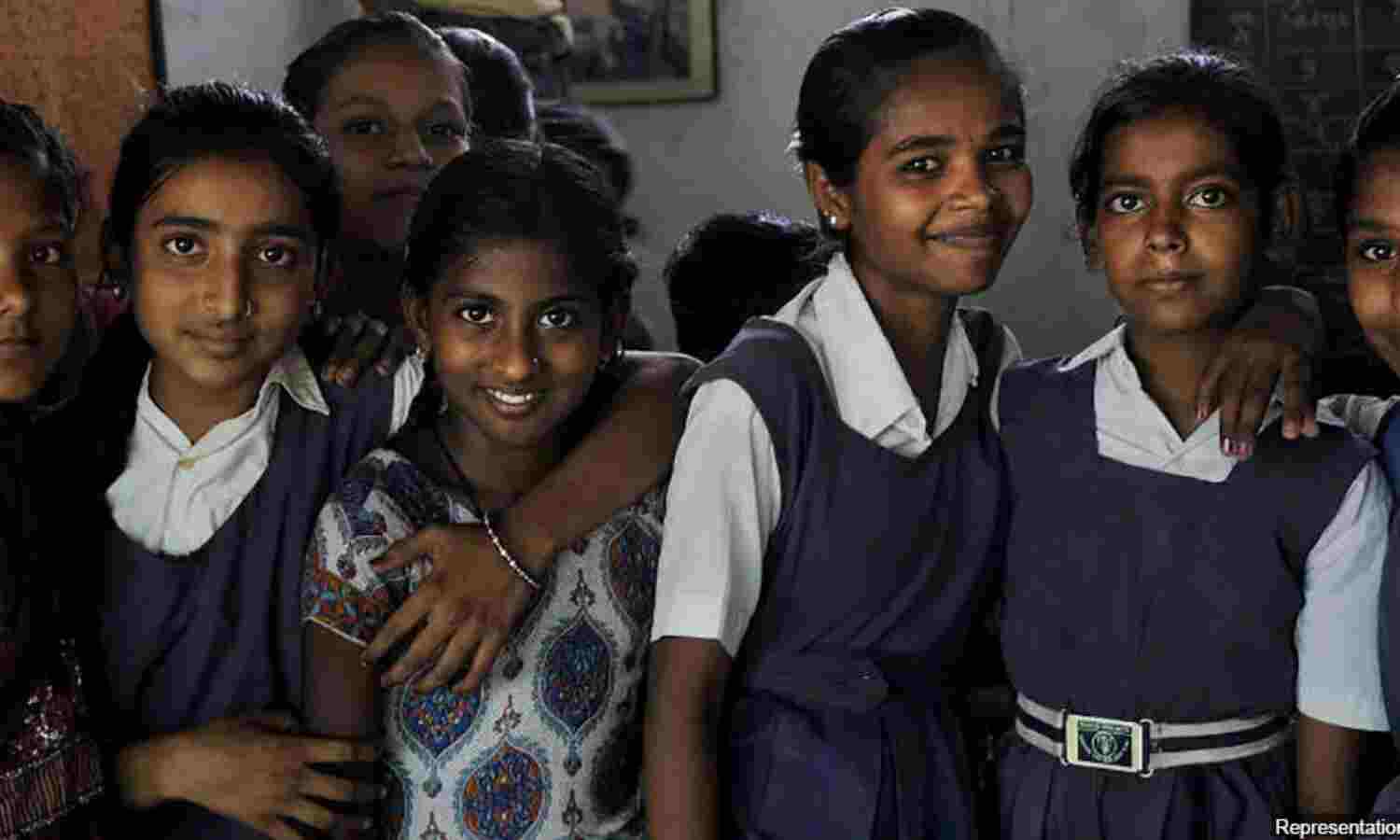With 4th-Highest Shortfall of Specialists, Gujarat Commissions ‘Child Doctors’

New Delhi: With India’s fourth-highest shortfall of specialists nationwide, Gujarat has announced a controversial decision to commission ‘bal doctors’ or child doctors--equipped with apron, badge, torch, ayurvedic kit and booklets--to look after children’s health in schools, particularly in rural areas.
The move reflects a larger national issue: The shortage of doctors, particularly specialists, of which India is 81.5% short, according to the rural health statistics, 2016-17. Gujarat is 93.7% short of specialists, with no more than 92 of 1,452 required.
"These bal doctors will administer ayurvedic treatment in cases of minor diseases. They will encourage other students to wash their hands before the midday meal,” the Times of India quoted a health department order as saying on January 2, 2018. “They will also monitor the weekly iron and folic acid supplementation programme (of the National Health Mission), held every Wednesday. They will work to make their fellow students addiction-free and give primary information about seasonal diseases."
Controversial as the move is to use children to treat children, it reflects the unavailability of doctors, particularly in community health centres (CHCs)--the third-tier of a national network of rural healthcare institutions.
Each CHC caters to 120,000 people and is supposed to have four specialists in medicine, surgery, paediatrics and gynaecology; 30 beds for patients; an operation theatre, labour room, x-ray machine, pathological laboratory and a standby generator, along with complementary medical and paramedical staff.
Short of 2,804 specialists, Uttar Pradesh, India’s most populous state, reported the largest national shortfall, followed by Rajasthan (1,819), Tamil Nadu (1,462) and Gujarat (1,360).
Many union territories, such as Andaman and Nicobar Islands, Daman and Diu, Dadra and Nagar Haveli, and northeastern states, such as Tripura and Mizoram, have almost no specialists.
Source: Rural Health Statistics, 2016-17Note: Specialists include surgeons, obstetricians and gynaecologists, paediatricians
India requires 22,496 specialists, but has no more than 4,156, or is short by 18,347 specialists or 81.5%.
Other than specialists, India is short of doctors in general. India’s doctor-to-population ratio of 1:1,674 is 75% lower than Argentina and 70% lower than the US, IndiaSpend reported on November 16, 2016.
The problem is worse in the government sector, since only around 100,000 allopathic doctors work there, and every doctor serves 11,528 people, FactChecker reported in April 2017.
(Yadavar is a principal correspondent with IndiaSpend.)
We welcome feedback. Please write to respond@indiaspend.org. We reserve the right to edit responses for language and grammar.


